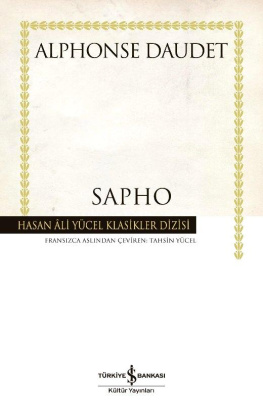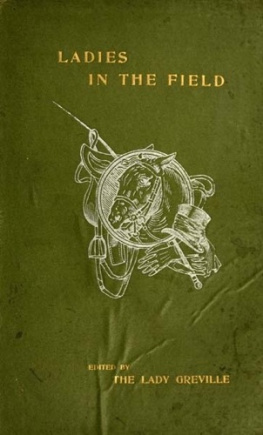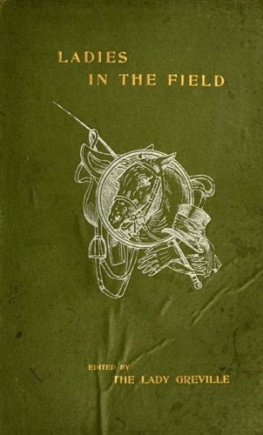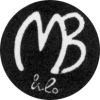F. SOMNER MERRYWEATHER
By Meyer Bros. & Co.
Louis Weiss & Co.
Printers....
... New York
Librarian of Case Library.
n every century for more than two thousand years, many men have owed their chief enjoyment of life to books. The bibliomaniac of today had his prototype in ancient Rome, where book collecting was fashionable as early as the first century of the Christian era. Four centuries earlier there was an active trade in books at Athens, then the center of the book production of the world. This center of literary activity shifted to Alexandria during the third century b. c. through the patronage of Ptolemy Soter, the founder of the Alexandrian Museum, and of his son, Ptolemy Philadelphus; and later to Rome, where it remained for many centuries, and where bibliophiles and bibliomaniacs were gradually evolved, and from whence in time other countries were invaded.
For the purposes of the present work the middle ages cover the period beginning with the seventh century and ending with the time of the invention of printing, or about seven hundred years, though they are more accurately bounded by the years 500 and 1500 a. d. It matters little, however, since there is no attempt at chronological arrangement.
About the middle of the present century there began to be a disposition to grant to medival times their proper place in the history of the preservation and dissemination of books, and Merryweather's Bibliomania in the Middle Ages was one of the earliest works in English devoted to the subject. Previous to that time, those ten centuries lying between the fall of the Roman Empire and the revival of learning were generally referred to as the Dark Ages, and historians and other writers were wont to treat them as having been without learning or scholarship of any kind.
Even Mr. Hallam,[1] with all that judicial temperament and patient research to which we owe so much, could find no good to say of the Church or its institutions, characterizing the early university as the abode of "indigent vagabonds withdrawn from usual labor," and all monks as positive enemies of learning.
The gloomy survey of Mr. Hallam, clouded no doubt by his antipathy to all things ecclesiastical, served, however, to arouse the interest of the period, which led to other studies with different results, and later writers were able to discern below the surface of religious fanaticism and superstition so characteristic of those centuries, much of interest in the history of literature; to show that every age produced learned and inquisitive men by whom books were highly prized and industriously collected for their own sakes; in short, to rescue the period from the stigma of absolute illiteracy.
If the reader cares to pursue the subject further, after going through the fervid defense of the love of books in the middle ages, of which this is the introduction, he will find outside of its chapters abundant evidence that the production and care of books was a matter of great concern. In the pages of Mores Catholici; or Ages of Faith, by Mr. Kenelm Digby,[2] or of The Dark Ages, by Dr. S. R. Maitland,[3] or of that great work of recent years, Books and their Makers during the Middle Ages, by Mr. George Haven Putnam,[4] he will see vivid and interesting portraits of a great multitude of medival worthies who were almost lifelong lovers of learning and books, and zealous laborers in preserving, increasing and transmitting them. And though little of the mass that has come down to us was worthy of preservation on its own account as literature, it is exceedingly interesting as a record of centuries of industry in the face of such difficulties that to workers of a later period might have seemed insurmountable.
A further fact worthy of mention is that book production was from the art point of view fully abreast of the other arts during the period, as must be apparent to any one who examines the collections in some of the libraries of Europe. Much of this beauty was wrought for the love of the art itself. In the earlier centuries religious institutions absorbed nearly all the social intellectual movements as well as the possession of material riches and land. Kings and princes were occupied with distant wars which impoverished them and deprived literature and art of that patronage accorded to it in later times. There is occasional mention, however, of wealthy laymen, whose religious zeal induced them to give large sums of money for the copying and ornamentation of books; and there were in the abbeys and convents lay brothers whose fervent spirits, burning with poetical imagination, sought in these monastic retreats and the labor of writing, redemption from their past sins. These men of faith were happy to consecrate their whole existence to the ornamentation of a single sacred book, dedicated to the community, which gave them in exchange the necessaries of life.
The labor of transcribing was held, in the monasteries, to be a full equivalent of manual labor in the field. The rule of St. Ferreol, written in the sixth century, says that, "He who does not turn up the earth with the plough ought to write the parchment with his fingers."















